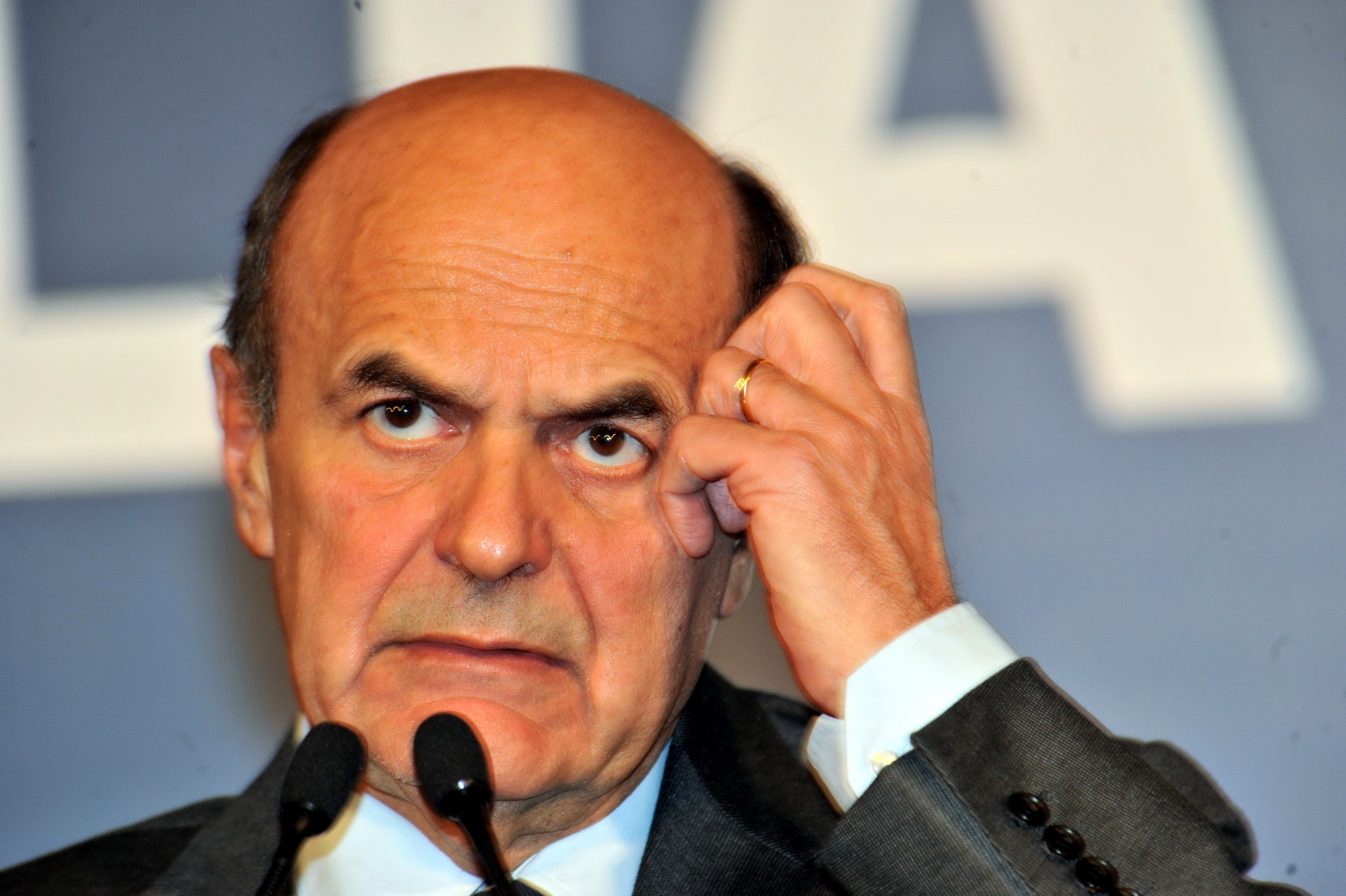One should not be surprised to see that Gianluigi Bersani still heads the leftist Democratic party (Pd) even after the recent and disappointing election’s outcomes. Most stunning though is the claim that he should quit even if Pd is the nationwide largest party and the major fraction in Senate (27%). The Senate is a strategically important “Upper House” with the same prerogatives (at least under the current constitutional arrangement) as the House of Deputies. Sure, the parliamentary fraction of Pd is not big enough to form a governing bloc with the former prime minister Mario Monti and his center party coaltion (at around 10%), which at times appeared to be Mr Bersani’s first-choice partner for a post-vote agreement.
But Pd is and will be a powerful player in the difficult political transition ahead. Alas, if it manages to survive much ill-timed internal quarrels.
Like the former historical Socialist party of Italy (Psi), the Democrats provide a wide array of social-oriented themes with a strong European and pro-Western anchorage. Yet, like his ancestor, it still lacks strong rootings in the Northern part of the country. For example, just yesterday the head of populist, anti-tax movement Northern League easily won the regional elections in Lombardy, and quite immediately embraced a “Milan vs Rome dualism” rhetoric that is undoubtedly harmful for the whole country. The issue at stake is not just one of real power (Northern League is a minor partner of the center-right coalition, with just above 4% of the Senate vote) but also of political communication. If this dualism combines with agitation and nervousness amid Pd ranks in the North, it could give vent to an appealing but dangerous mixture.
First, it would not only imperil the main target, Mr Bersani, but also the long-term leftist policy of countering populist and secessionist solutions at times indulged by the big rival, rightwing Mr Berlusconi. Second, it would seem that a “new” Pd is trying to copy and paste a different format, that of Grillo’s Five star movement. Yet for Bersani (and for his mentor, the crafty Southern Italy’s leader and former prime minister Massimo D’Alema), a modern progressist party must be strongly organised along laburist guidelines. Not entirely a war-stronghold like Northern european socialdemocratic parties, but certainly not a lose federation of “clubs”, with blurring boundaries between “feudal” regional leaderships and societal pressure groups. Though suicidal, this propension has been nestled in Italy by former-communist thinkers and even some leaders, at least since the fall of the Berlin Wall back in 1989. It may be due to a misinterpretation of the US Democratic party as a pure “light” opinion movement: a concept more akin to the ill-fated McGovern’s party back in the Seventies than to the almost perfect voting-machine set up by Mr Clinton and more recently by Mr Obama.
Bersani’s Pd would better catch North Italy’s interests and demands through a coalition with Monti’s center and, for paradoxically it may seem, even with Berlusconi’s Pdl. Thus it would probably land a beachhead in the area and gradually drain Berlusconi’s fragile support there, particularly in some regions like Veneto, where for decades Pd has simply given up any chance to compete for victory. Yet this option is very unlikely first because Mr Bersani rejects it, and then because the political climate is hostile to any German-style “grand-coalition” (and to anything German, indeed).
Yet in the post-election press conference Gianluigi Bersani stated he “won’t abandon ship” and quit party leadership, and this is good news. He is the one who can currently protect the organisation of Pd, preventing its dissolution under the pressure of those impatient fractions that would like to hastily set up a fake “red” version of Grillo’s populist wave. Unsurprisingly, Grillo maligns about Bersani as “a talking dead” to widen the perceived gap with his party base and to weaken him. Although (or maybe because) he is the most likely and strong partner in a “coloured” leftist coalition.








